COP29 Sets $1 Trillion Target for Energy Transition
As COP29 opens in Baku, Azerbaijan, world leaders focus on a major new financial target: $1 trillion annually to aid global energy transition efforts. This updated goal comes after years of struggling to meet the previous target of $100 billion annually, first promised in 2009. However, there are concerns about how realistic this new target is, especially as many leading countries face financial challenges of their own.
“The climate crisis demands an extraordinary response, and this funding goal is ambitious but necessary,” said the European Union’s climate representative. “However, it raises the question—where will the money come from?”
Join our WhatsApp ChannelFinancial Pressure on Developed Nations
Countries like Germany and the United Kingdom have long supported climate finance, but both now face economic pressures. Germany, which is known for its strong support of climate transition efforts, is experiencing a significant economic strain. High energy costs and a reliance on state subsidies for renewable technology are affecting Germany’s economic growth. This has even led to instability in Germany’s government.
“Our commitment to the energy transition remains, but the reality is that financial resources are stretched thin,” said a spokesperson from Germany’s finance ministry.
The United Kingdom faces a similar dilemma. The government, led by Prime Minister Keir Starmer, has set an aggressive target to cut emissions by 81% by 2035. However, as energy costs rise sharply, many UK households are finding it increasingly difficult to afford basic utilities. The oil and gas industry, which was expected to contribute significantly to the funding, is also feeling the pinch. Some companies are considering relocating to avoid high tax burdens in the UK, which could jeopardize future climate funding.
“We are at a critical point where we need to balance our goals with what our economy can handle,” commented a UK government representative. “Climate action is essential, but so is economic stability.”
U.S. Policy Shift Impacts Climate Funding
In the past, the United States has been a driving force in climate finance, but recent changes in administration have signaled a shift. The new U.S. administration has indicated that climate change may no longer be its top priority, leading to uncertainty about future contributions to the $1 trillion target.
“The U.S. remains committed to international partnerships, but we have to assess our priorities domestically,” said an official from the U.S. State Department. This shift has raised concerns among other nations, which rely on the U.S. for significant financial support in meeting the climate goals set in the Paris Agreement.
Developing Nations Insist on Wealthy Countries’ Contributions
At COP29, developing nations, represented by a group of 77 countries known as G77, made their stance clear: they expect wealthy nations to bear the brunt of the financial responsibility for the energy transition. A representative from G77 stated, “This transition was driven by industrialised nations. It’s their emissions that got us here, so the funding must come from them, not from us.”
READ ALSO: COP29: 10 Banks Pledge $120 Billion For Climate Finance By 2030
The G77 nations insist that their own domestic resources should not be counted toward the New Collective Quantified Goal (NCQG). China, a leading member of G77, has strongly backed this stance. “We cannot expect countries that are still developing to finance this transition alone,” said a Chinese delegate.
Experts Question Feasibility of $1 Trillion Target
As discussions continue, experts are voicing concerns about the feasibility of raising $1 trillion annually. A report from consulting firm Wood Mackenzie estimates that to achieve the energy transition goals set by the Paris Agreement, total investments of $78 trillion will be needed by 2050.
“The $1 trillion goal is a start, but in the grand scheme, it’s a fraction of what’s necessary,” Wood Mackenzie analysts explained. “For real impact, the world may need to spend even more, and that’s a daunting figure for any country.”
These financial targets come with additional complications. Disagreements about how the funds should be allocated and who should receive priority have created tension among COP29 participants. For instance, wealthier nations often argue that funds should be prioritized for adaptation and resilience measures, while developing nations emphasize the need for direct investments in renewable energy projects.
Funding Disparities Highlighted as COP29 Continues
The disparity in funding availability is especially stark for smaller, lower-emission countries. Many argue they are already feeling the brunt of climate change impacts, despite contributing minimally to global emissions.
An environmental activist from Bangladesh said, “We are already seeing floods, droughts, and other impacts. We need help now, not promises for the future.”
The situation underscores the complexity of financing climate action on a global scale, where every nation has different needs, resources, and priorities. It’s clear that as COP29 continues, the focus will be on not only securing pledges but ensuring they can realistically be met.
COP29: A Call for New Alliances?
With traditional funding sources facing strain, COP29 participants are exploring options to involve new allies in climate finance, including private corporations, philanthropic organisations, and emerging economies. However, as one European official admitted, “Finding new partners is easier said than done. Climate finance is a high-stakes commitment, and not everyone is willing to take it on.”
As COP29 discussions progress in Baku, the world will watch closely to see if leaders can navigate the complexities of financing the energy transition, or if the $1 trillion goal will remain just another ambitious target on paper.
Emmanuel Ochayi is a journalist. He is a graduate of the University of Lagos, School of first choice and the nations pride. Emmanuel is keen on exploring writing angles in different areas, including Business, climate change, politics, Education, and others.
- Emmanuel Ochayihttps://www.primebusiness.africa/author/ochayi/
- Emmanuel Ochayihttps://www.primebusiness.africa/author/ochayi/
- Emmanuel Ochayihttps://www.primebusiness.africa/author/ochayi/
- Emmanuel Ochayihttps://www.primebusiness.africa/author/ochayi/

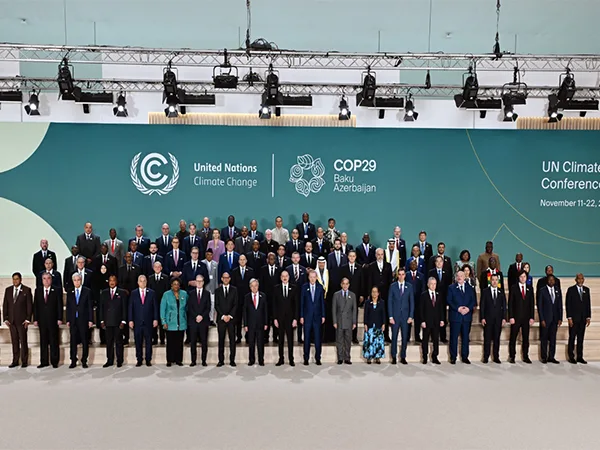



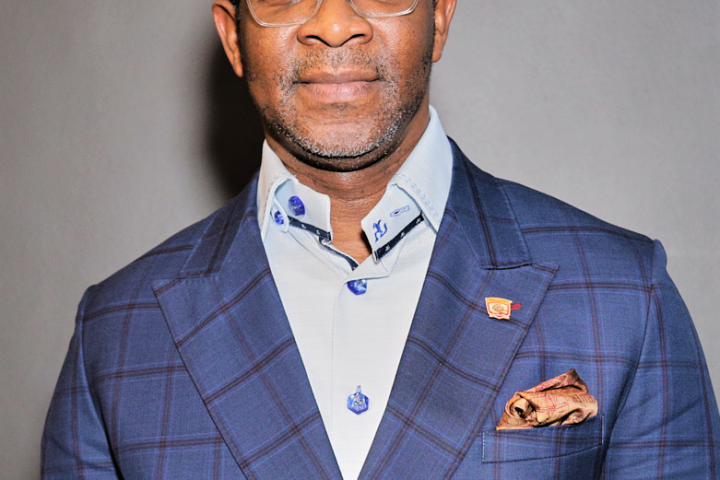
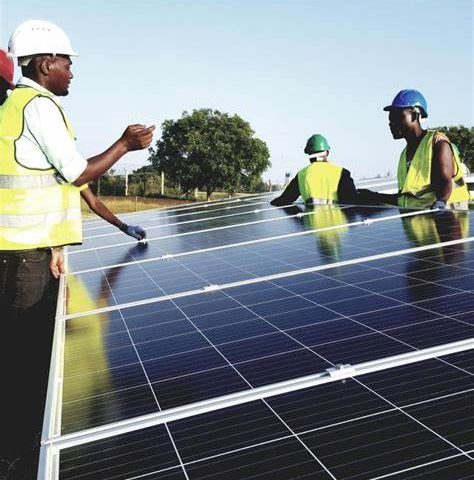
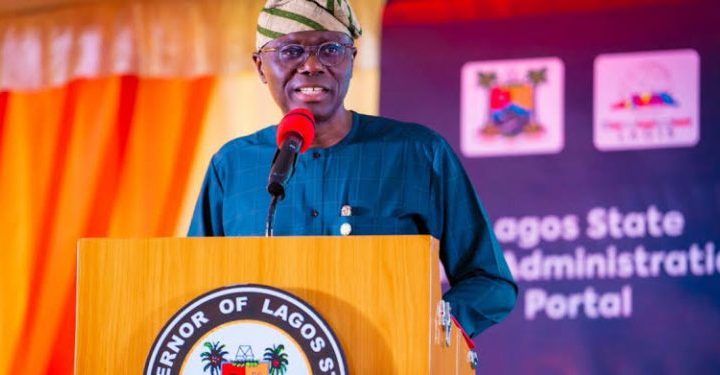









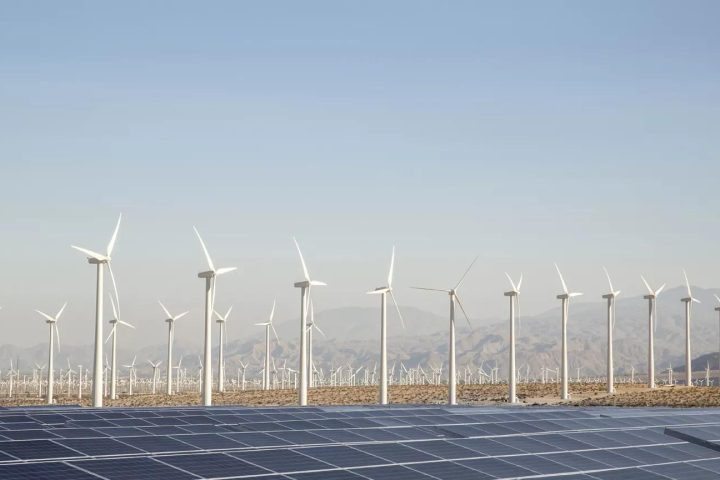


Follow Us